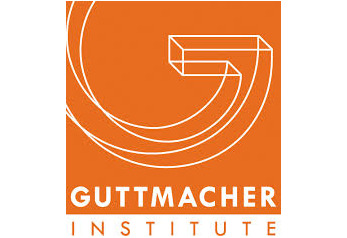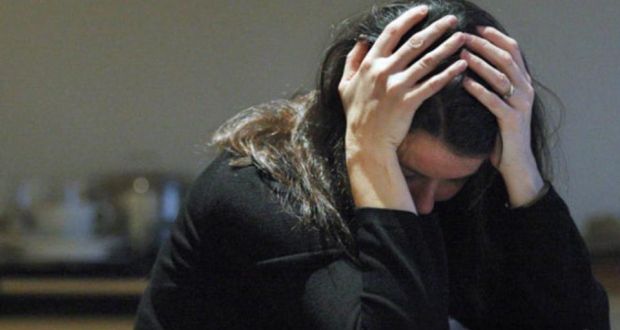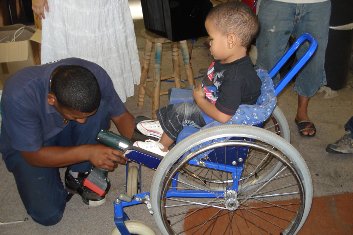Restorative justice is an approach to justice that focuses on the needs of the victims and the offenders, as well as the involved community, instead of satisfying abstract legal principles or punishing the offender. Victims take an active role in the process, while offenders are encouraged to take responsibility for their actions, “to repair the harm they’ve done—by apologizing, returning stolen money, or community service”. In addition, it provides help for the offender in order to avoid future offences. It is based on a theory of justice that considers crime and wrongdoing to be an offence against an individual or community, rather than the state. Restorative justice that fosters dialogue between victim and offender shows the highest rates of victim satisfaction and offender accountability. There is indeed a growing social movement to institutionalize peaceful approaches to harm, problem-solving and violations of legal and human rights. These range from international peacemaking tribunals such as the South Africa Truth and Reconciliation Commission to innovations within the criminal and juvenile justice systems, schools, social services and communities. Rather than privileging the law, professionals and the state, restorative resolutions engage those who are harmed, wrongdoers and their affected communities in search of solutions that promote repair, reconciliation and the rebuilding of relationships.
Related Articles
discover the Guttmacher Institute
don't face cancer alone
Yonathan Parienti and the social network Horyou
the work of the FairPlay for All Foundation
can theatre build community and foster justice?
transforming children's lives
Help with transition to adulthood
the Bolton Lads and Girls Club
Who are the wheelchairs designed for?
a better solution for mobility
Salma Hayek gives an opportunity
the vision of Chime for Change
Violent clashes, peaceful coexistence
a wonderful collaboration in Nigeria
![]()
STAY IN TOUCH
SUBSCRIBE TO OUR NEWSLETTER
AND RECEIVE OUR LATEST STORIES










